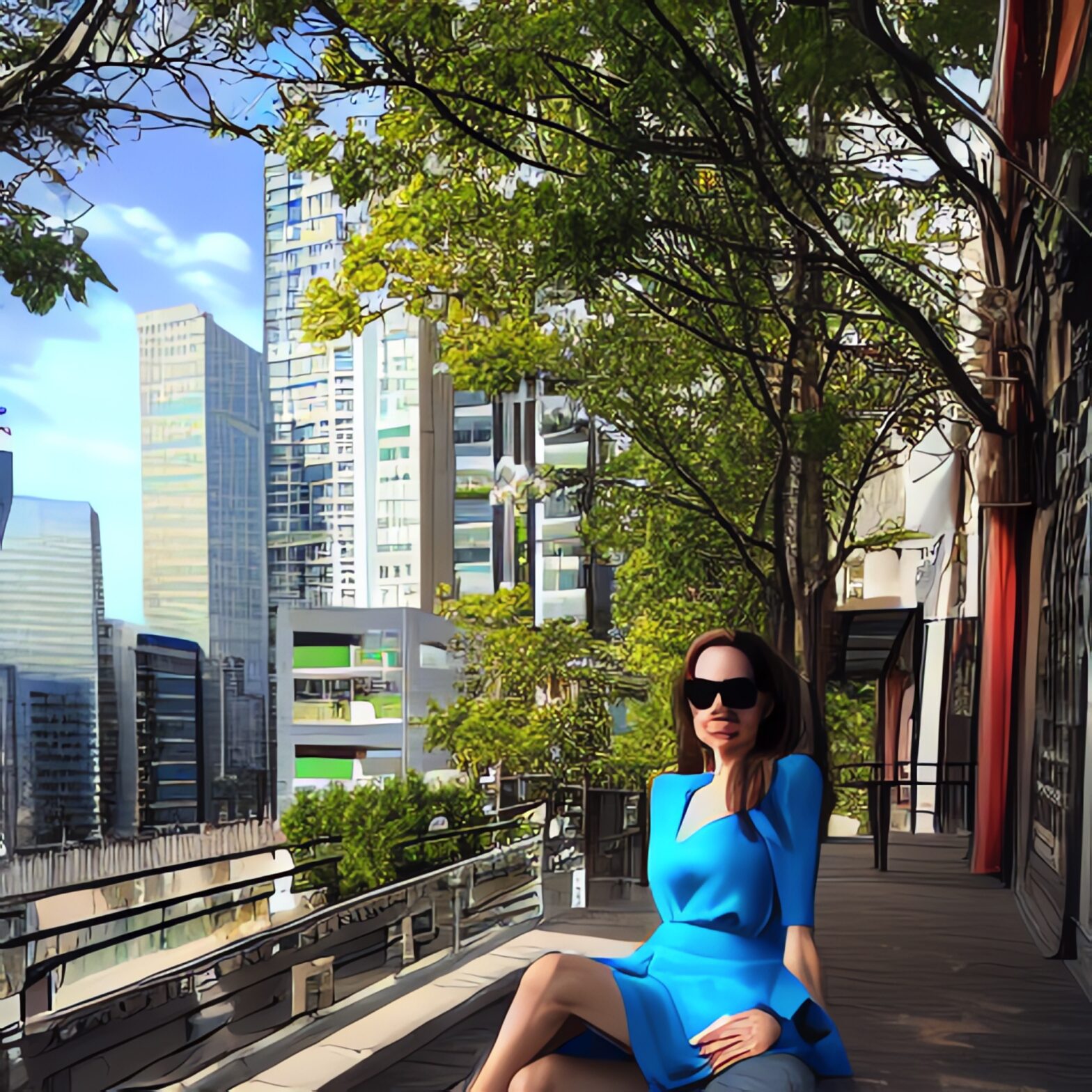Angelina Jolie allegedly loved jeonse, but would she still do now?
Rumors said when Angelina Jolie signed a lease, jeonse전세, for a Gwanghwamun apartment for her son Maddox in 2019, she was surprised by the idea of jeonse and loved it.
You need to deposit a substantial sum of money, but it can eventually be used to buy your own house. Which monthly rent would have gnawed over time.
For a long time, it was a preferred way of renting for many South Koreans: You lease a small apartment or so-called villa빌라 when you start a family. Then save up your income and keep applying for lotteries청약 for new apartments. When you finally hit the jackpot, cash out the jeonse deposit and move in. Enjoy the soaring price of your newly constructed apartment, which will guarantee your life after retirement. (Needless to say, houses—apartments—are the central pillar of South Korea’s asset-based welfare.)
It works more often than not—under one condition: the prices have to go up over time. When it stops doing so, things start going wrong. It always begins with the stories of tenants who lost their jeonse deposit as the landlords defaulted.
The tragic stories involving “villa kings” these days are nothing new in essence, but the damage done is much more extensive than ever because it became easier to leverage jeonse, for both landlords and tenants, while the systemic loophole stayed the same.
One of the reasons the Moon administration failed to quench the housing market overheating was that despite the administration’s harsh leashing on mortgages, people were still able to tap into an ungoverned liquidity pool that is jeonse.
A typical apartment investment story goes like this: when the market heats up, the gap between a jeonse deposit price and a buyout price gets smaller. If you expect a good profit from investing in an apartment, you only need the cash as big as the gap since you can make up the rest by getting a jeonse tenant. Thus the name of the popular leveraging technique in Korea—gap investment갭투자.
If the Moon administration was serious about stabilizing the market, it should have regulated the jeonse system. Indeed, it is not advisable for the government to regulate agreements between private citizens, but at least it should have done something about the funny situation in which getting a mortgage is much more limited than getting a loan for jeonse.
It’s easy to guess why Moon stopped short of putting a leash on jeonse. Jeonse is still considered one of the first rungs for working-class citizens to climb the ladder of South Korean asset-based welfare. It would definitely have hit his approval rate.
As the first populist South Korean leader, Moon made matters worse by forcing a state corporation to vouch for much more jeonse deposits in 2020. When a landlord defaults on your jeonse deposit, the Korea Housing and Urban Guarantee Corporation will reimburse you if you have the jeonse deposit insurance. The bar for the insurance is pretty low and there’s little control over how landlords use the deposits. No surprises that the state corporation is now heaping losses. (In a way, Moon helped subsidize these villa kings.)
Far from what some observers say, jeonse is here to stay and will continue for many years. I remember when KDI released a report on the jeonse system and predicted it to be obsolete almost two decades ago. The think tank failed to see that once a practice establishes itself in a system, it can hardly be rooted out however peculiar and unreasonable it appears.
Many Korean landlords bought their precious apartments leveraging jeonse and need jeonse to keep up. The dynamics between interest rates and housing supply could make jeonse attractive—versus monthly rent—to demand at any time.
Phasing out jeonse, or making it more sustainable, requires a carefully woven set of policies implemented over a long period. I’m afraid we won’t have the political leadership capable of this in the foreseeable future.
